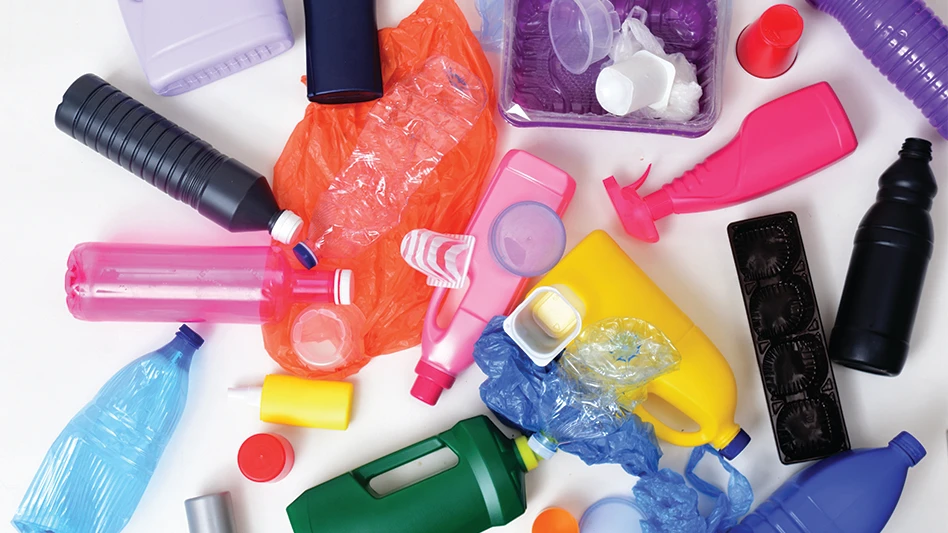
© Sandra Dragojlovic - Dreamstime.com
New Jersey lawmakers have passed a bill that would limit the use of single-use plastic bags, paper bags, plastic straws and polystyrene food containers. New Jersey Senate Assembly Bill 1978 is sponsored by New Jersey Reps. Nancy Pinkin, James Kennedy and John McKeon. The lawmakers first introduced the legislation Jan. 14, and it was approved Sept. 24.
According to the bill, fines for violations can range up to $5,000. The bill would also create a Plastics Advisory Council to monitor the bill’s compliance.
However, opposition to the paper-bag ban portion of this proposed legislation, including from the Washington-based American Forest & Paper Association (AF&PA), has emerged. Abigail Sztein, director of governmental affairs at AF&PA, says the proposed legislation is the first in the U.S. to try to ban paper bags.
“The American Forest & Paper Association opposes bans on paper products,” she says. “Consumers need a safe packaging option to protect their essential purchases from damage and contamination. Paper bags are a clean, hygienic and convenient choice to meet those needs while also being recyclable, reusable and compostable.
“The forest products industry in the Garden State supports more than 13,000 individuals at 156 facilities,” she adds. “Banning paper bags in the state would send an alarming message about family-wage jobs, which are often union labor, in addition to indirect jobs supported by the industry. Furthermore, paper bags are locally produced, sustainable and the only grocery bag that New Jersey consumers can recycle at home in their curbside bin. … Banning paper bags as part of this legislation is a solution in search of a problem.”
The AF&PA reports that it is encouraging New Jersey Gov. Phil Murphy to issue a conditional veto to remove paper bags and paper products from the new ban.
Heidi Brock, president and CEO, says, "In voting to become the first and only state in the nation to ban paper bags, the New Jersey Legislature has undermined an environmentally responsible option for consumers. Furthermore, the ban on paper bags sends an alarming message in devaluing family-wage jobs, which are often union labor, in addition to the indirect jobs supported by the paper and wood products industry in the state. Paper is part of the environmental solution, but New Jersey is treating it like the problem. Gov. Murphy should take action to ensure continued consumer access to a recyclable, reusable and compostable product—the paper bag.”
The Institute of Scrap Recycling Industries (ISRI), Washington, has also stated that it opposes bans and fees on paper bags in response to this legislation. The association says it promotes:
• a free and fair, competitive, market-based system for the trade of recyclable materials such as paper bags;
• a competitive marketplace that does not restrict, direct or interfere with the free flow of recyclable materials;
• opposition to bans and fees on paper that are being manufactured into useful commodity-grade materials and sold into viable markets without subsidies or noncompetitive fixed pricing;
• the proper recycling and economic opportunities associated with the collection, processing and reuse of finished products such as paper bags;
• the addition of paper bags to curbside recycling collection programs; and
• the use of recycled content to the maximum percentage that is mechanically and commercially viable.
Latest from Recycling Today
- Supersede launches marine-grade plywood replacement
- Redivivus, Re-New-Able to build LIB recycling facility in Illinois
- Indiana county awarded $65K recycling grant
- Mixed paper, OCC prices end year on downward trend
- Updated: CAA submits final draft program plan in Oregon
- Enviri names new president of Harsco Environmental business
- Survey outlines ‘monumental challenge’ of plastic packaging collection in UK
- Nippon Steel acknowledges delay in US Steel acquisition attempt





